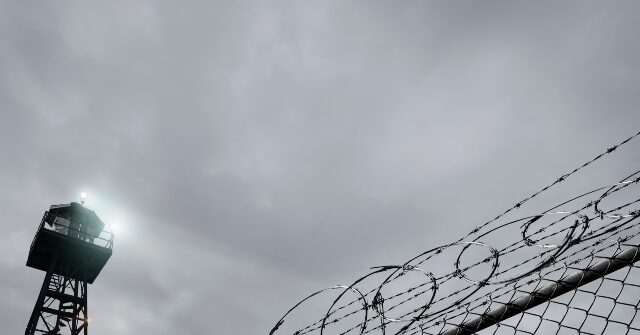In recent years, concerns about personal safety have intensified, particularly in urban areas plagued by rising crime rates. In response, Silicon Valley’s elite have begun transforming their residences into advanced security fortresses, deploying cutting-edge technology often reminiscent of military systems. Companies are innovating in home security by offering high-tech solutions designed to provide unparalleled safety and peace of mind. This trend not only highlights the urgent need for security among the wealthy but also reflects broader societal anxieties regarding safety in an unpredictable world.
One of the pioneering companies in this arena is Sauron, named after the infamous antagonist from the “Lord of the Rings.” Sauron’s approach to home security includes the introduction of “deterrence pods,” which utilize drones to cast searchlights over areas where suspicious movements are detected. This proactive security method alerts homeowners to potential threats and serves as a strong deterrent to intruders. The use of drone technology is augmented by a comprehensive network of cameras and sensors, creating a multi-faceted defense system that is constantly vigilant against any intrusion.
Sauron’s system is designed to enhance the homeowners’ understanding of their security status by generating a real-time virtual 3D rendering of their property. This rendering is accessible through smartphones and dedicated control panels, empowering residents to monitor their home’s security easily. Additionally, Sauron employs a team of trained private security agents who monitor alerts from a centralized location. This human element, combined with advanced technology, creates a robust security infrastructure that bolsters the effectiveness of the digital tools in place.
As the wealthy inhabitants of Silicon Valley increasingly adopt these sophisticated security measures, it underscores a manifest concern about personal safety in a world rife with uncertainty. The growing reliance on such high-tech systems correlates with ongoing debates related to crime rates, notably in cities like San Francisco, where critics argue that the political climate has contributed to public safety issues. This duality—an urgent demand for security while grappling with political and social complexities—reveals the tensions faced by communities navigating changing crime dynamics.
However, the rise of military-grade security systems raises significant questions regarding privacy and potential misuse of intrusive technologies. Critics voice concerns about the implications of mass surveillance and facial recognition technology, which could infringe upon the rights of innocent individuals who may find themselves subjected to scrutiny without cause. Furthermore, discussions surrounding data security emerge, as the systems must protect sensitive information from hacking and disputes over its monitoring and storage.
Despite the ethical debates surrounding privacy and surveillance, the momentum supporting high-tech home security solutions appears to be growing. With technological advancements anticipated to yield even more refined systems, the line between residential living and militarized security continues to blur. While affluent residents seek formidable defenses against potential threats, society must reckon with the implications of such measures on privacy, security, and the moral fabric of community life. The trajectory of this trend signals not just a shift in personal security perspectives but also cultural conflicts regarding the balance of protection and privacy in the modern age.

